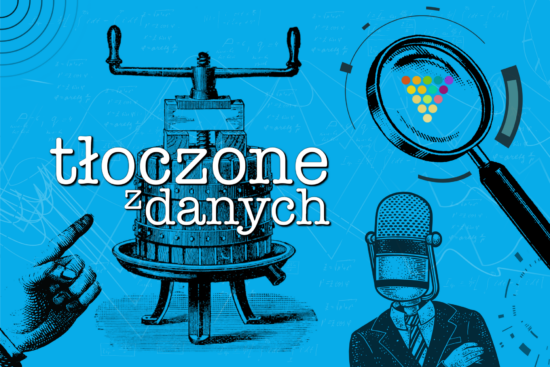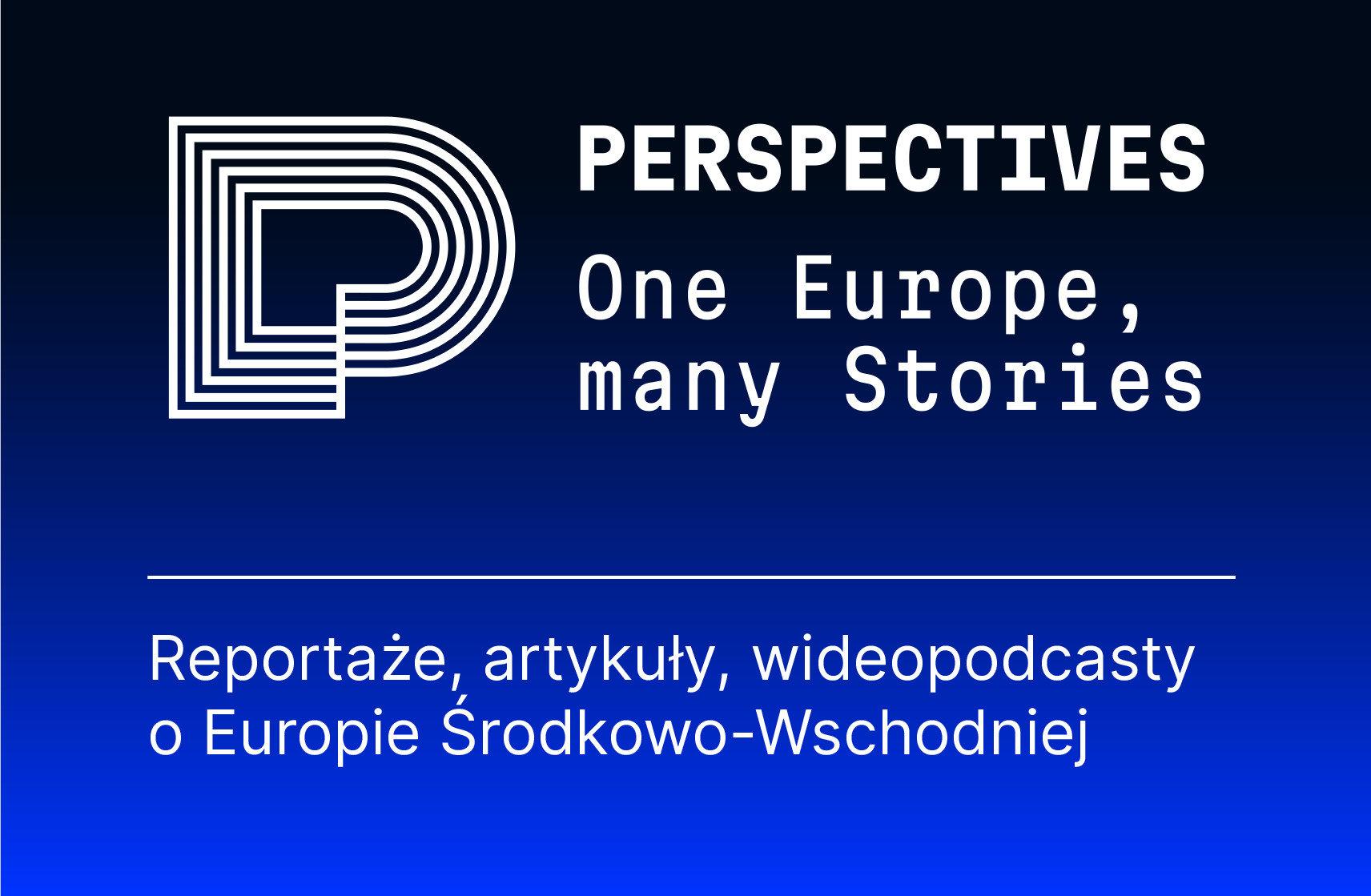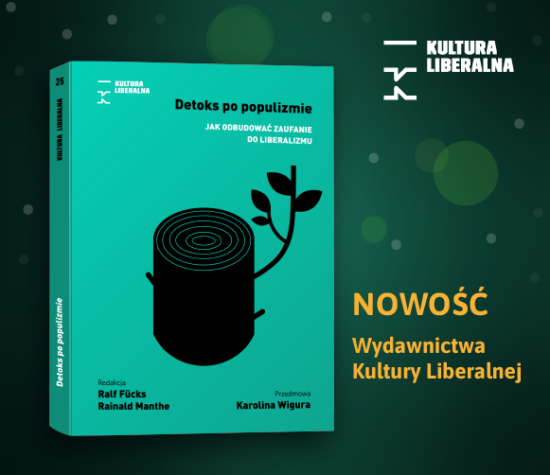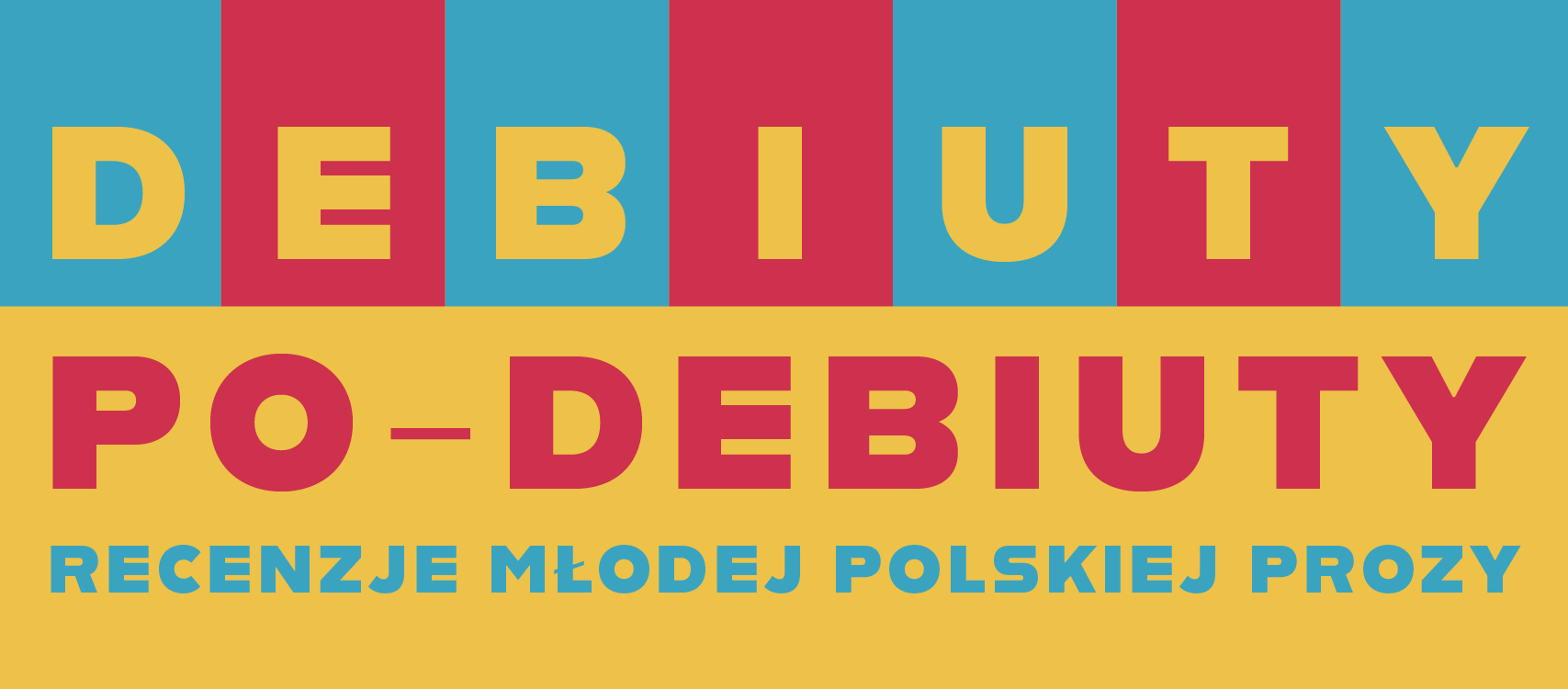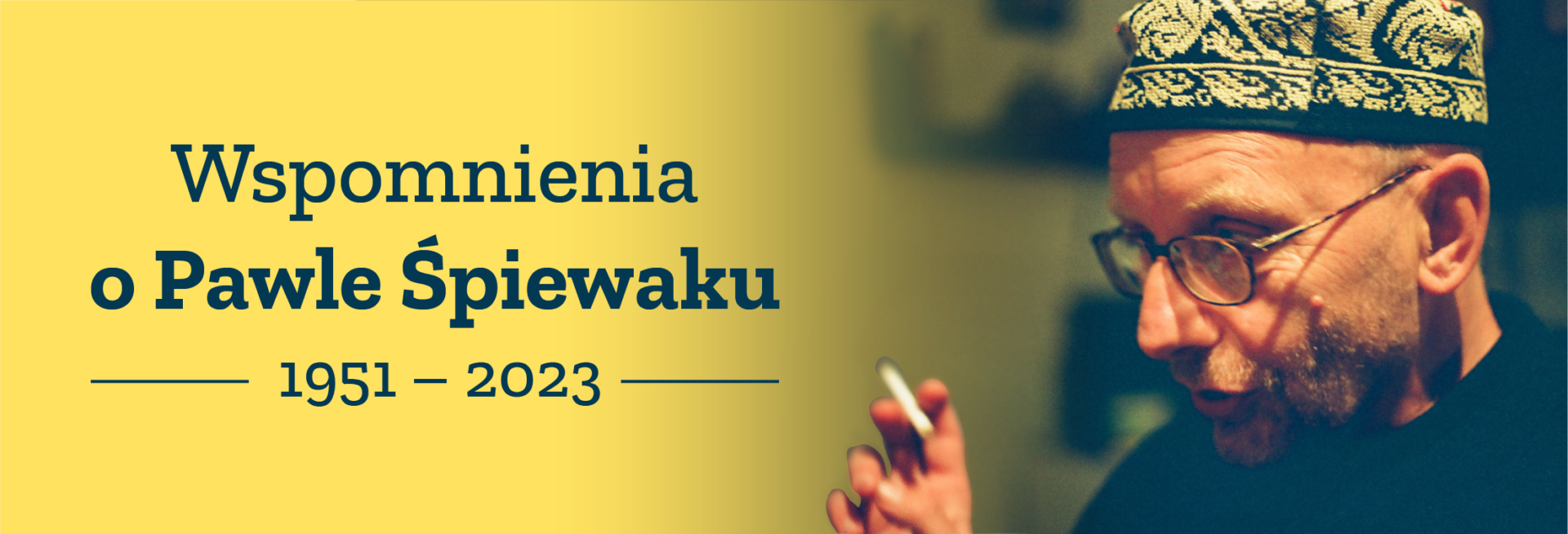KULTURA LIBERALNA > Pytając > Contamination with Violence
Contamination with Violence
Contamination with Violence
Adam Michnik is the Editor in Chief of the Polish daily newspaper, Gazeta Wyborcza. Karolina Wigura talks to him about Richard Wolin’s book “The Wind from the East”, the year 1968 in Poland and abroad and the long-term effects of March ’68 in Poland’s public sphere.
Karolina Wigura: “It is a remarkable fact that some forty years later, the year 1968 remains an obligatory point of reference for contemporary politics” – this is the opening sentence of Richard Wolin’s latest book, “The Wind from the East”1. Wolin regards the events of that year as key in understanding American and European politics of today. However, in his references to that moment in history, Wolin never mentions Central and Eastern Europe. How do you respond to his perspective?
Adam Michnik: Defining historical events as obligatory points of reference is always a risky thing to do. Obviously, this doesn’t apply to phenomena which change the world physically. In the twentieth century we only had three events that could undoubtedly be described as obligatory points of reference: they were the two world wars and the fall of communism. If my understanding of Wolin’s intentions is correct, then what he means is that 1968 was a key event in shaping a certain generation. And I definitely agree with him on this. However, what I don’t agree with is his decision to exclude Central and Eastern Europe from his perspective.
How would you complete this perspective?
I believe that 1968 was first and foremost shaped by the Prague Spring. In this part of the world, the Soviet invasion of Czechoslovakia actually brought an end to any kind of illusions people may have had about communism. But speaking from the Polish perspective, that moment in time meant something more than the actual events of that year. 12 years after the Polish October of 1956 and 23 years after the end of the second world war, communism started using semi-fascist rhetoric right before our eyes. It was so shocking that even people like Adam Schaff [a Polish Marxist philosopher], whom we used to call “the man from the other side of the street”, wrote of Communo-fascism.
What do you think is the reason behind Wolin’s decision to omit Central and Eastern Europe? Is this a manifestation of a wider, typically? Western tendency, as suggested by Timothy Snyder a few years ago?
Not entirely. The date which we’re discussing is remembered differently in France, in the States and in Germany. It’s remembered differently in Mexico, where it was commemorated with a large memorial to the victims of the 1968 massacre. But when you look carefully at the Polish literature on 1968, you will notice that it doesn’t mention Mexico or Berkeley at all, and that there is rarely any mention of Italy or Paris. We, too, are completely focused on ourselves.
I’d like to return to the idea of 1968 being an influential year for an entire generation. You’ve spoken many times of how crucial this moment was for you and you strongly emphasized it in your book “Miedzy Panem a Plebanem” [“The Lord of the Manor and the Vicar”]. So perhaps the influential force of 1968 was so great that it drove different states and different cultural areas to shut themselves within their own memories of that time? If this is right, could you tell me a little bit more about the Polish experience?
The Polish poet Adam Mickiewicz wrote “I, in slavery born, and then swaddled with chain, only one such spring knew, and will not know again” 2. For me, this is that very spring. It was during that spring that the myth of any good intentions hidden within the communist ideology crumbled, along with our faith that this ideology did indeed have some sort of healthy core that had become only temporarily corrupted. It was during that spring that our dream of repairing communism turned out to be just a pipe dream. 1968 saw a culmination of violence, not physical violence though, but symbolic and linguistic (violence). It also saw a culmination of lies. Something Witold Gombrowicz might have called “rape through the ear”. After all, nobody got murdered, nobody got shot. It got much worse in December 1970, when people were being shot at. However, from the linguistic point of view, 1968 was absolutely revolting, and through its language, it surpassed everything that had happened in the People’s Republic of Poland before that time. Two years earlier- and one need only look at newspapers of the time to see this- we had witnessed an “exercise” in negative propaganda against the Catholic church after the Polish bishops had sent a letter of reconciliation to their German counterparts, containing the words „we forgive and ask for forgiveness” and condemning the horrors of the second world war. But compared to 1968, 1966 was a piece of cake with a cherry on top. The Polish March was a nightmare. I remember the first five, six weeks. The language was like it belonged to a propaganda leaflet by the 1930s Polish fascist movement, the Falanga. The discovery that the communists were capable of using the very same language was just unimaginable. We, myself included, had always believed that the communists readily made use of the rhetoric of class hate, shouting out “down with the bourgeois pigs”. But using the language of anti-Semitic racism was simply incomprehensible.
Did the anti-Semitism of the state propaganda really come as such a surprise, even after the anti-Catholic propaganda, which followed the letter by the Polish bishops? Wasn’t it immediately clear what that communist government was capable of?
In 1966 nationalism was indeed present, but it was anti-German. This was something we were all used to. After all, Polish communism was founded on these anti-German sentiments. I come from a generation that was taught at school that you should use a capital letter with all nations of the world but Germany… but the anti-Semitic language came as an utter shock… although, in 1966, we witnessed that attack on the Polish bishops. The events of the Polish March 1968, on the other hand, are often interpreted as an outburst caused by an internal power struggle among the communists, but I see them as something else. It wasn’t an internal matter, it was an outright attack against the Polish intelligentsia, their ideas of freedom, the whole ethos of freedom. And this attack was a successful one. To some extent, the intelligentsia’s spine was shattered back then. Two years on, during the tragic events along Poland’s Baltic coast, this social group remained conveniently silent. I tried to be vocal, as did Jan Lipski [later a Polish Solidarity activist]… but the intelligentsia as a whole did not. That’s the truth. In December 1970, my colleagues said that the protests on the Baltic coast were the result of cynical provocation on the part of the government. It only goes to show how deeply rooted the idea was that under communism nothing could happen spontaneously.
You once referred to “the hermeneutics of suspicion”. And yet back then you decided to stay in Poland. When an interrogation officer in prison asked you when you would go to Israel, you replied that you would as soon as he went to Moscow. It cost you two weeks in solitary confinement.
Let me be honest with you… there was a moment, I think around April, when I thought that they didn’t want me in this country because of certain aspects of my personality. But later I came to decide that General Moczar, who was the head of the interior ministry, was not going to make decisions about my personality and choices. Everything was already so humiliating, so degrading, that I decided I wouldn’t leave the country at all.
Let us return to the language. George Steiner once wrote that the use of the German language by the Nazis lead to its bankruptcy. “Languages have great reserves of life. They can absorb masses of hysteria, illiteracy and cheapness […] But there comes a breaking point. […] Something will happen to the words. Something of the lies and sadism will settle in the marrow of the language.”3 . Did the linguistic aggression of the Polish communist propaganda, especially in 1968, the anti-Semitic ploughing through language, have a similar effect on the Polish language?
I suppose you would better off asking [two Polish writers and literary theorists] Michal Glowinski, Stanislaw Baranczak or the late Jakub Karpinski [Polish sociologist and political theorist]. Personally, I think the Polish language managed to protect itself from what [the Polish philosopher] Leszek Kolakowski called “the invasion of lice” in his essay “Theses on Hope and Hopelessness”. When we look at the public discourse of today, we can see that Polish society is polarised, also in a linguistic sense. But when I think of language I don’t think of [the radical nationalist MEP] Michal Giertych, but of our poets, Mickiewicz, Slowacki and Milosz. This violence did not enter their language. Their language came out unsullied. But public discourse is different. It is contaminated by linguistic violence. Let me give you an example. An important church official compares the dispute surrounding the state-run Church Property Repayment Commission (Komisja Majatkowa) to Stalinism. What follows is a feeble reaction, which barely even notices the fact that such comparisons are just unacceptable and simply untrue. This means that our language-barbarization threshold is abnormally low. I do worry that my generation is riddled with this linguistic violence. I hope that yours is less so.
So how do you feel when you hear that a large proportion of the representatives of the young Left gave their support to Jaroslaw Kaczynski [the leader of the conservative Law and Justice Party] in the last presidential election?
Well, this is such an unpleasant subject. And it shows you how the so-called young Left is governed by its emotions rather than common sense. It’s just utter stupidity, and I say this with full responsibility. I know that one of its leaders didn’t vote for Kaczynski per se, but he deliberately ticked both names on his ballot card. By not expressly choosing Komorowski, it was as if he had voted for Kaczynski. Of course, Komorowski is hardly a hero to the young Left but I believe that he is president of the mainstream population. To vote Jaroslaw Kaczynski is like buying a ticket for a freak show, where you will hear that Putin and Tusk conspired to murder [Jaroslaw’s late brother] president Lech Kaczynski. Naively, I believed that at my age nothing would surprise me anymore, but all of that talk actually did… You’re laughing, but it’s true!
I’m not laughing, I’m just smiling. I’d like to return to my question about the long-term consequences of March ’68 on today’s public discourse in Poland. At the beginning of the 1990s you wrote that the whole language of workers’ opposition in the People’s Republic of Poland was populist. And that it had to be so, because of the specific nature of the communist system. Do you think that after 20 years we’ve still not gone beyond populism?
I can only speak for myself… that’s what “Gazeta Wyborcza” has been doing for the last 20 years, and it’s been both wise and stupid, for better and for worse, at times courageous and at times it has lacked courage. “Gazeta” certainly has its flaws, and we’ve made our mistakes, but try to imagine Polish public discourse without “Gazeta Wyborcza”. When you think about it, there isn’t another newspaper of its kind in all of post-communist Europe. Plus, we look to the young. I, too, do… and I looked with hope to the young Left especially, but I must say that I’m quite bitterly disappointed.
1) Wolin, R. 2010. The Wind from the East. Princeton & Oxford: Princeton University Press.
2) Translated by Marcel Weyland, 2004 (URL: http://bit.ly/hQJwhx).
3) Steiner, G. 1985. Language and Silence. London: Faber and Faber.
* Karolina Wigura, is a contributing editor of “Kultura Liberalna” and assistant professor at the Warsaw University Institute of Sociology.
Translated by Natalia Janota and Ben Borek.
„Kultura Liberalna” nr 98 (48/2010) z 23 listopada 2010 r.
Skoro tu jesteś...
...mamy do Ciebie małą prośbę. Żyjemy w dobie poważnych zagrożeń dla pluralizmu polskich mediów. W Kulturze Liberalnej jesteśmy przekonani, że każdy zasługuje na bezpłatny dostęp do najwyższej jakości dziennikarstwa
Każdy i każda z nas ma prawo do dobrych mediów. Warto na nie wydać nawet drobną kwotę. Nawet jeśli przeznaczysz na naszą działalność 10 złotych miesięcznie, to jeśli podobnie zrobią inni, wspólnie zapewnimy działanie portalowi, który broni wolności, praworządności i różnorodności.
Prosimy Cię, abyś tworzył lub tworzyła Kulturę Liberalną z nami. Dołącz do grona naszych Darczyńców!
PRZECZYTAJ INNE Z TEGO NUMERU
KOMENTARZE















